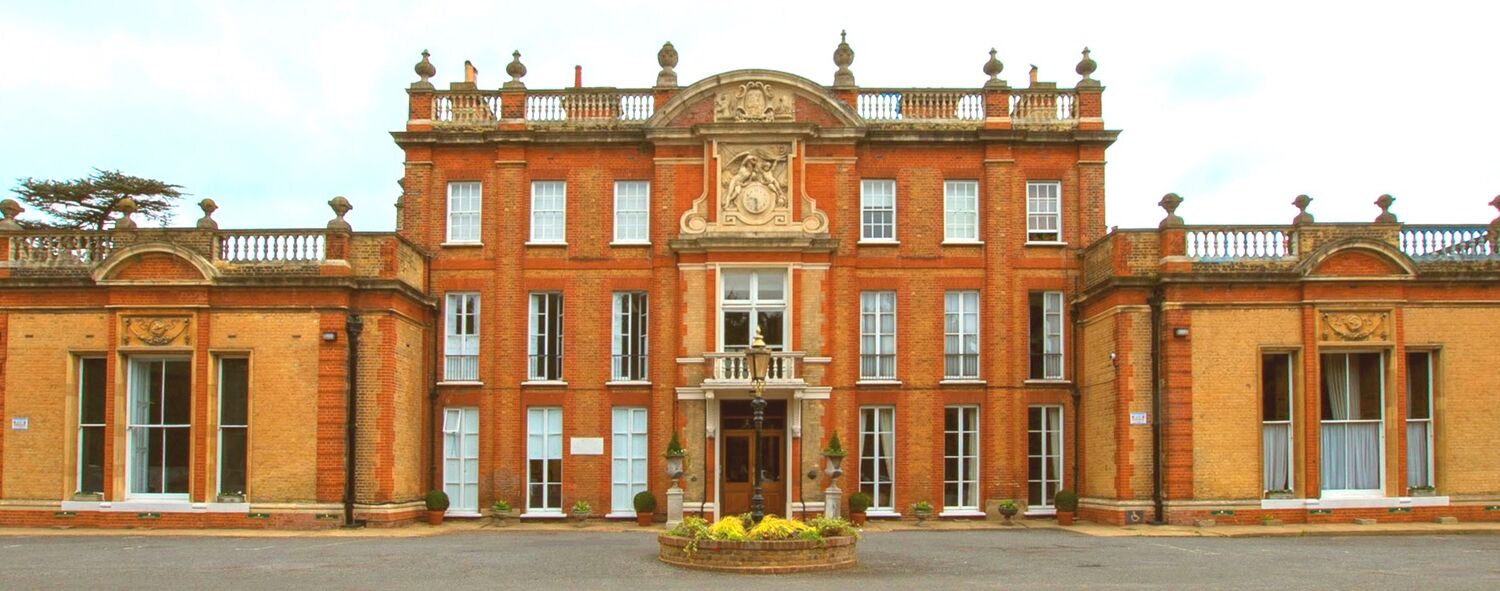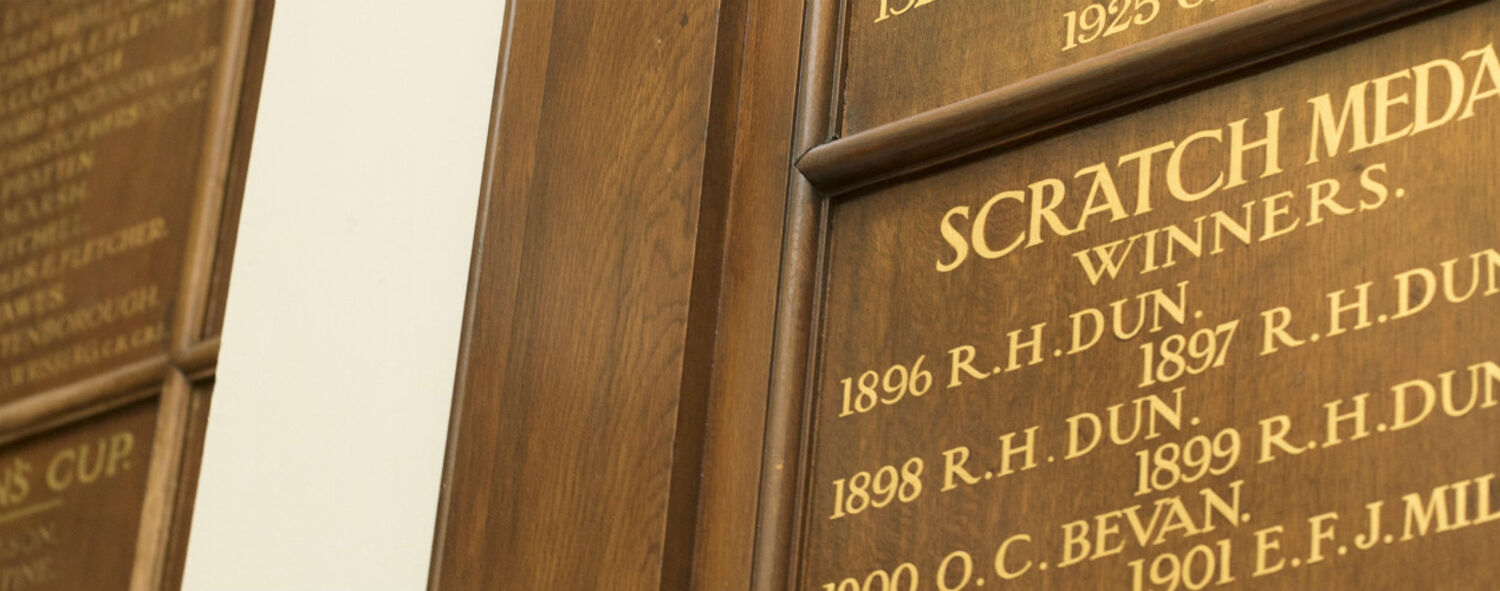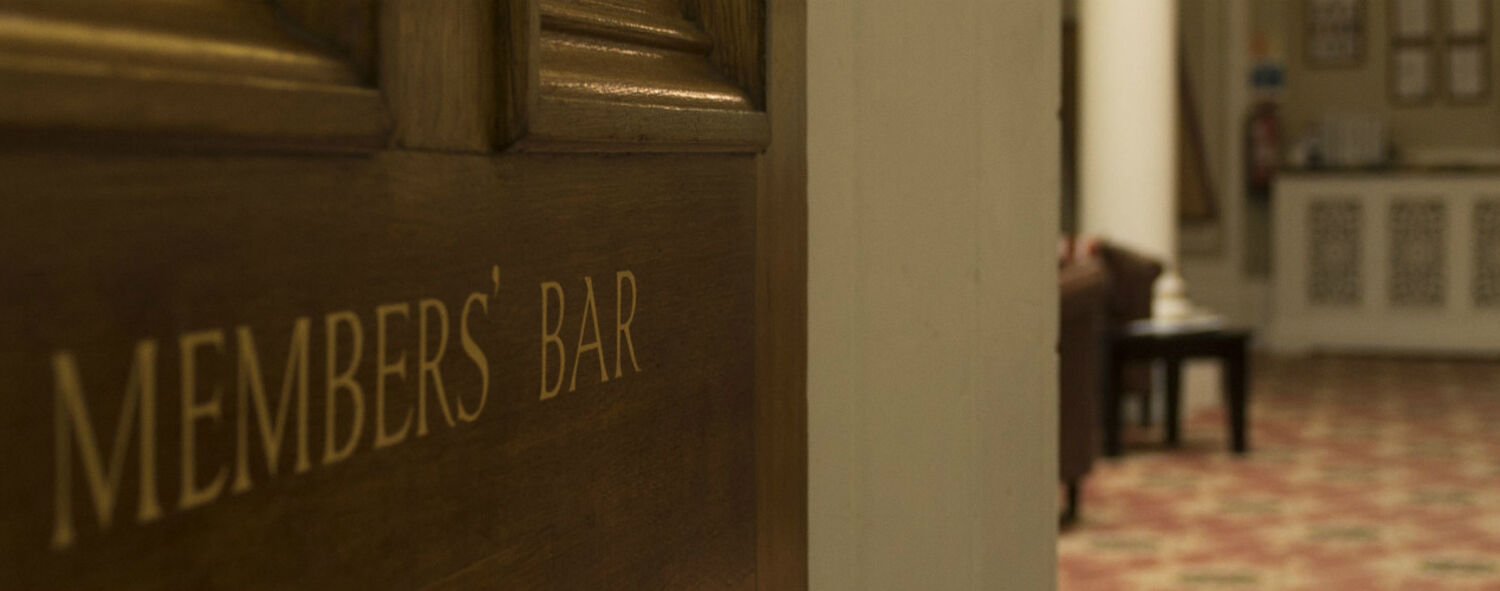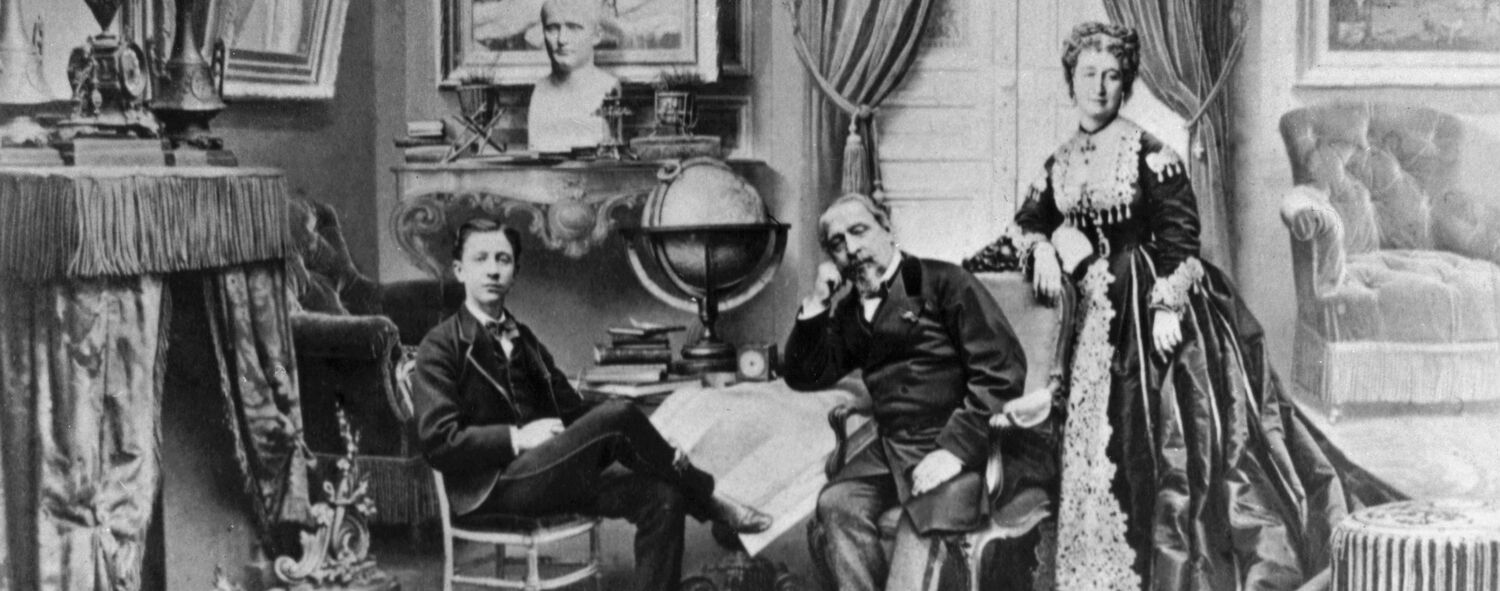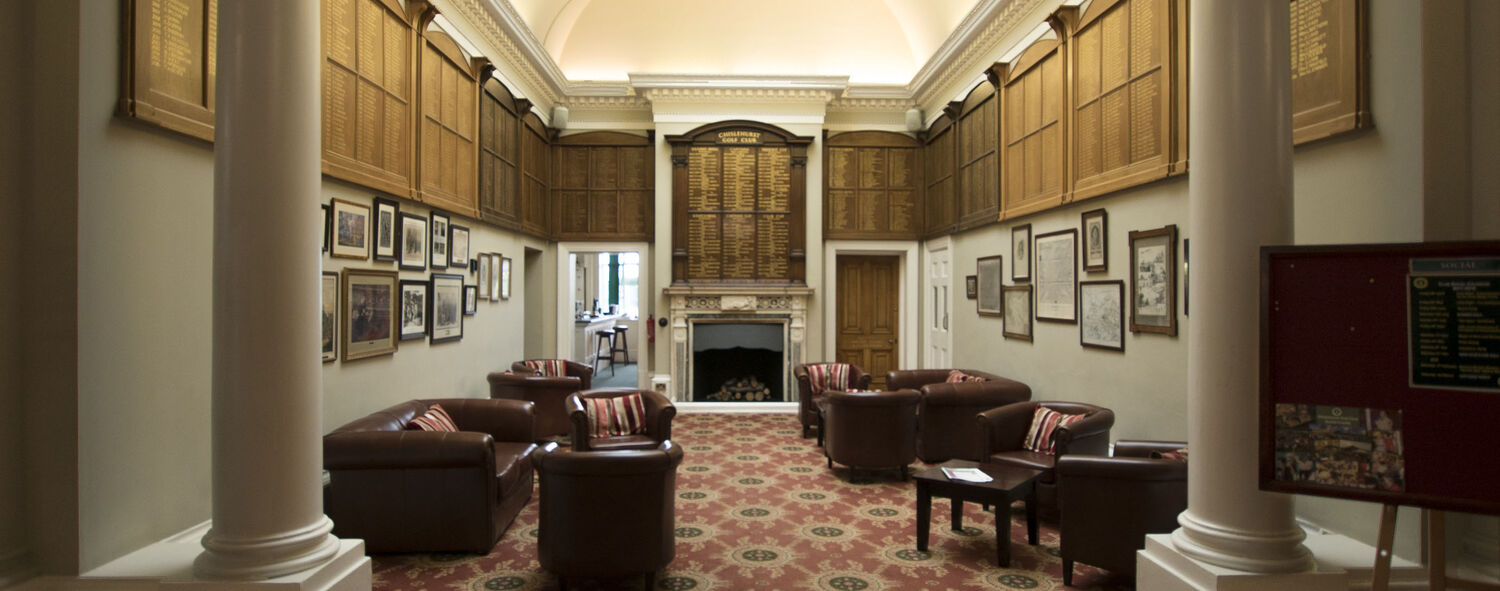
The Prince Imperial
His Imperial Highness Eugene Louis Jean Joseph Napoleon Bonaparte lived with his tutor, M. Filon, in Woolwich, but outside the Academy.
He was popular with his fellow cadets and excelled in horsemanship and fencing. He passed out 11th of 32 in the finals, a commendable achievement for someone whose native tongue was not English.
On the occasion of his 18th birthday in 1874, the Prince addressed a large crowd in the gardens of Camden Place, saying,
“If the name of Napoleon should emerge … from the ballot boxes,
I am ready to accept the charge imposed upon me by the will of the nation.”
But this was not to be.
Upon his return to Chislehurst, the young prince fretted at his lack of worthwhile activity. He had trained to be a soldier, a gunner, but could not join the British army. Nor could he join the French army.
When Britain became engaged in the Zulu War, he entreated his mother to let him go in some capacity. She refused to consider it. The Bonapartists in France feared that he might be killed there and that he would in any case be too far away to take advantage of any favourable developments in France. The British War Office opposed it since they thought that they would be blamed if the Prince were killed.
Eugene indirectly approached the Queen and, in the end, she and Eugénie moved to support the Prince’s wish to fight. Benjamin Disreali tried to stop his going but said,
“What can you do when you have to deal with two obstinate women?”
The Prince was killed by the Zulus on 1st June 1879 near the Ityotyozi River in Zululand, when he was stabbed eighteen times as he attempted to mount his horse. He was 23 years old.
The death of the Prince ended all possibilities of a Bonapartist restoration in France but the line continues to this day. The current heir, Jean-Christophe, Prince Napoléon, lives in London.

